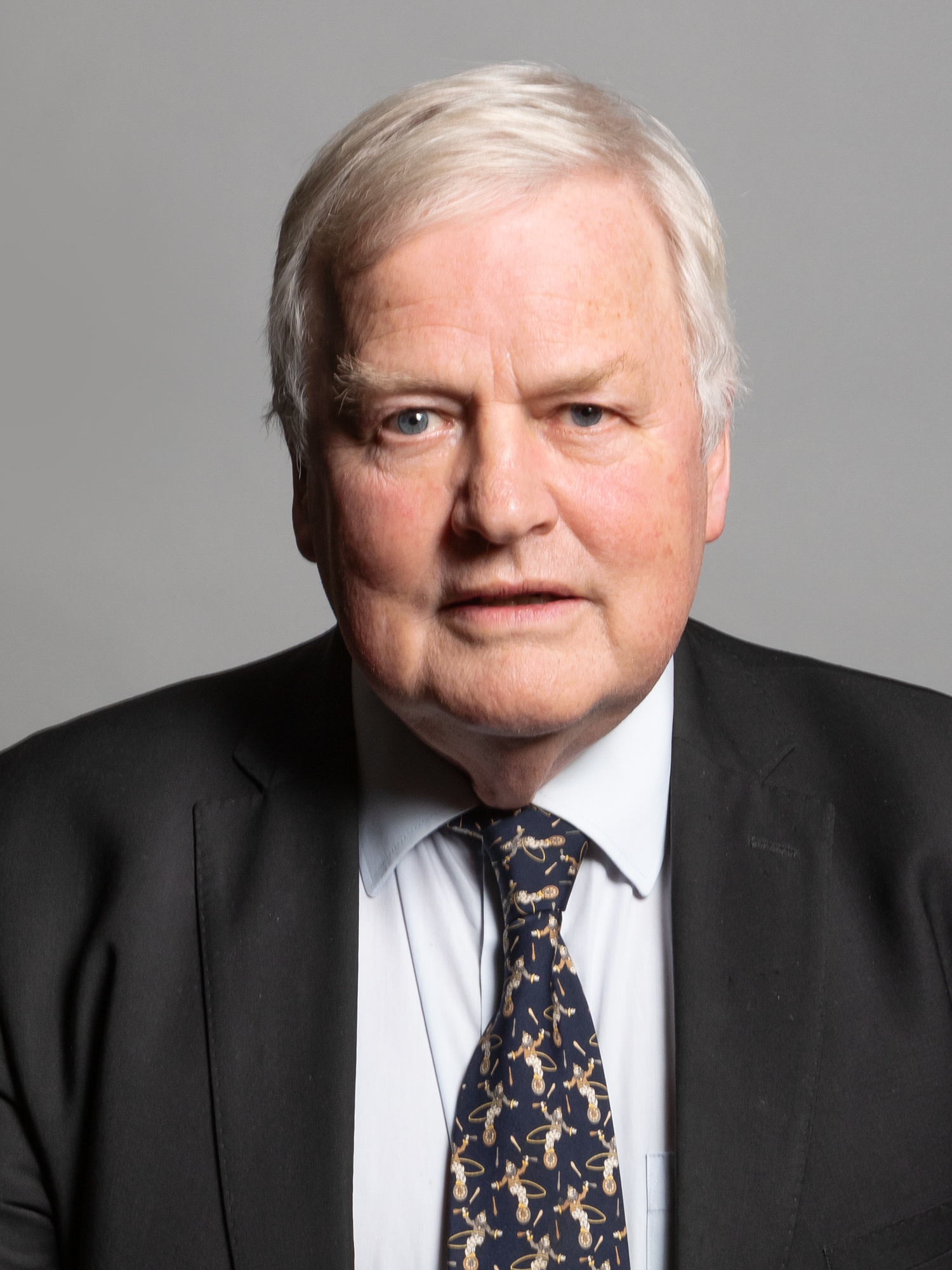The speech made by Bob Stewart, the Conservative MP for Beckenham, in the House of Commons on 26 January 2023.
I congratulate the new hon. Member for Stretford and Urmston (Andrew Western)—I know his area pretty well—on his excellent maiden speech, which was delivered with confidence and poise. I hope that he has a very long membership of this place.
I rise to speak because I have been witness to genocide. I consider this remembrance of genocide—the holocaust and genocide since the second world war—to be hugely important. May I just say a little about my own experience to put it in context?
In April 1993, I was the British United Nations commander in Bosnia and I had been there for about five months. My job was to help deliver humanitarian aid, but the best way to do that is when there is no fighting, so I spent a lot of time trying to stop the fighting. At that time, the fighting around my base was pretty horrendous. The fighting was between Bosnian Muslims, Bosnian Croats and Bosnian Serbs. It was ferocious.
The European Community monitoring mission ambassador had arranged a ceasefire, but it was not working, so he asked me to go to the frontlines of all the belligerents to try to stop them fighting. On 22 April, I led about six armoured vehicles up into the mountains, above the Lasva valley, to try to do just that. I did not think that I had much chance of success, but I did as he asked.
The first people I met were Bosnian Muslim soldiers on the mountains. When I asked them to please stop fighting because a ceasefire was meant to be in place, they said, “No, no, in the village of Ahmići, women and children have been massacred.” I said, “No, that can’t be. People don’t do that in 1993.” They said that it had happened. I said, “If I go there, look, witness and come back and tell you that it hasn’t happened, will you stop fighting?” They said yes. I took myself off the mountains. It took me about an hour to get to Ahmići. I approached it from the south, from the main road. The first thing I saw was a mosque with its minaret toppled—it looked like a rocket pointing to the sky. The rest of the village of Ahmići was largely destroyed. Houses were burned down.
I went about a mile to the end of the village, and asked my soldiers to check through. There were a few houses that had not been touched. Later, I discovered that they were houses owned by Bosnian Croats. Some soldiers said that they had crosses on the door to identify them, but I never saw that.
A third of the way down, we went into a house and saw the remains of a man and a boy burned at the doorway. The soldier said, “Come round the back, sir.” We went in the back of this house and there was a charnel —it was like a charnel house. When I first saw it, I did not understand what it was. Then the smell hit me. I was horrified. It looked to me like a couple of women and a few children. They were burned and on their backs. They had obviously died in agony. One had an arched back and their eyes were still there—gosh. We just rushed out and were sick. We went on and found the skull of a baby further down. Mostly, though, people were hidden because, after being shot, killed or burned, the roofs had come down on top of them, so we did not find many of them. A day or so later, I found a whole family: mother, father, son and daughter, all dead in a row. The daughter was holding a puppy. She was killed by the same bullet that killed the puppy.
We reckon that about 120 people were killed at Ahmići. I buried in a mass grave what we thought were about 104 people, mainly women and children—Bosnian Muslims, by the way. The holocaust is also about Bosnian Muslims.
I went on the international media and said, “This is genocide. It is the classic definition of genocide: deliberate targeting of a people.” They did not agree with me to start with at the United Nations, but a couple of years later they did, and Ahmići became part of the genocide and was defined as genocide.
I have given evidence in the war crimes trials—five trials, to be honest—and I am still in shock that it happened. My men could not believe it, and they too are still in shock. I am going back at Easter. I will be representing all of us in this House when I lay a wreath at the village of Ahmići for the 30th anniversary of the massacre. I also lay a wreath to the memory of Dobrila Kalaba, my interpreter. When we discovered the village, she interpreted for me. A couple of months later, the Bosnian Croats shot her dead. We put up a memorial to her. She was a Bosnian Serb.
I will finish by saying two things. If the theme this year is ordinary people, it is dead right, because ordinary people suffer, and ordinary people carry out some of these atrocities. Strange circumstances make ordinary people do very vicious things. I must say that I have met people, and even had dinner with them, before they carried out such things, and they were very normal people.
My final point is that the reason why we have this debate and why we must remember the holocaust is that memory fades. We must ensure that future generations do not lose the fact that man can be really inhuman to man.
